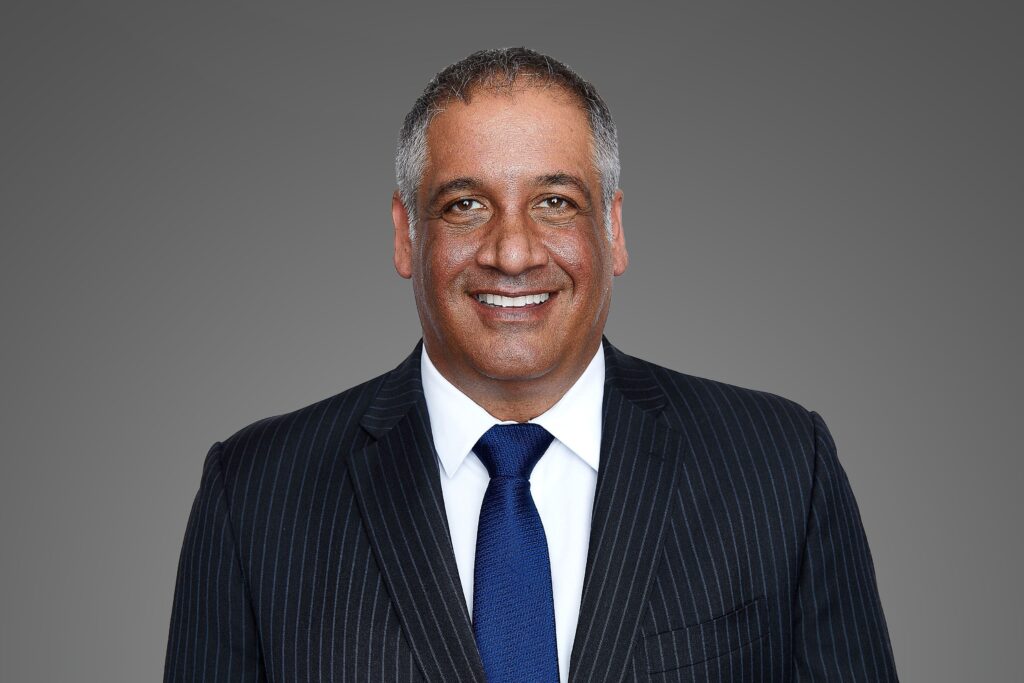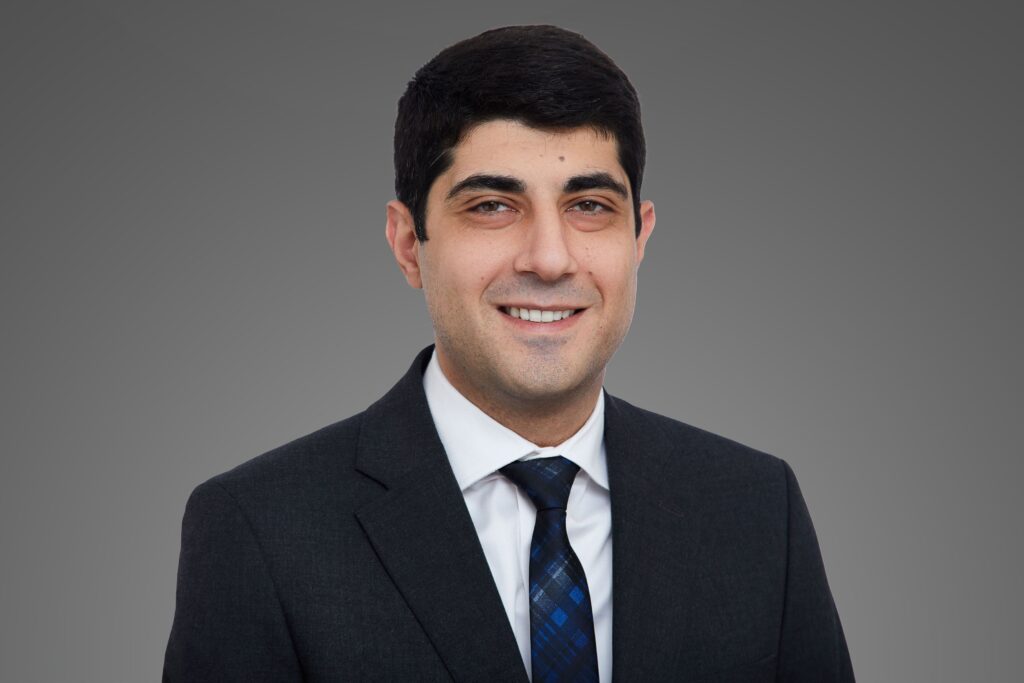An accident can sometimes initially result in personal injury, and only later to lead to death of the injured person. Under such circumstances, California law authorizes both a personal injury action by the injured person while he or she is alive, as well as a wrongful death action by the heirs following death from the incident.
In Boeken v. Philip Morris USA Inc. (2013) 217 Cal.App.4th 992, the California Court of Appeals, Second Appellate District, which sits in Los Angeles, analyzed a case where an injured plaintiff, who developed lung cancer from smoking, sued and obtained a recovery from the cigarette manufacturer for the personal injuries he suffered. (Id. at 995.) The injured person subsequently died of lung cancer, and his son brought a second action for wrongful death. (Id. at 995-96.) The son was suing for “loss of consortium damages,” which are general, non-economic damages associated with the loss of the relationship with the decedent, including loss of love, comfort, protection, and support. The cigarette manufacturer argued that, in the second action for wrongful death, the plaintiff was limited to damages associated with the death of his father in his “postinjury diminished condition.” (Id. at 997.) The cigarette manufacturer’s reasoning was that decedent had obtained a personal injury recovery for the same event and injury prior to his death. The Boeken Court noted that the result of this argument would essentially “prohibit any recovery” on the theory that, because of the injury, decedent “was unable to provide [his son] any comfort, society, or protection.” (Id.)
The Boeken Court rejected this position. Analyzing the issue as one of double recovery, Boeken distinguished between economic and noneconomic damages. Boeken noted that in a wrongful death action, plaintiffs are entitled “to recover noneconomic damages, including damages for loss of society and comfort.” (Id. (italics in original).) The Boeken Court noted that such wrongful death damages were a statutorily-created “new cause of action in favor of the heirs as beneficiaries” for their own personal loss associated with the death of a loved one. (Id.) Boeken held that issues regarding double recovery from a personal injury action followed by a wrongful death action could only potentially apply to “lost economic support and not to lost consortium.” (Id. at 999.) Boeken refused to limit considerations relating to wrongful death loss of consortium damages to “the decedent’s postinjury physical condition at the time of his death.” (Id. at 998.)
Under Boeken, persons who have lost a loved one due to the negligence or misconduct of another person can bring a wrongful death claim for their own damages, regardless of whether there was any prior personal injury claim asserted by decedent in connection with the incident.







